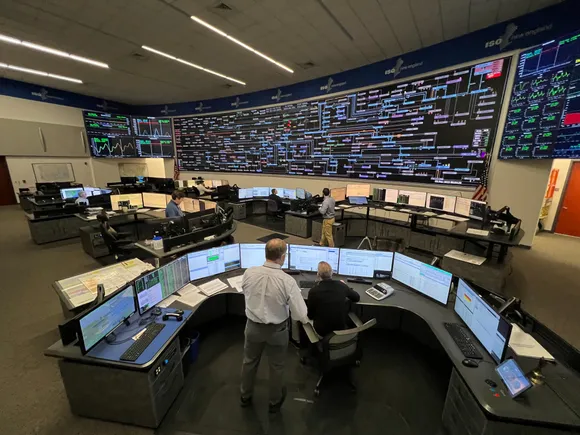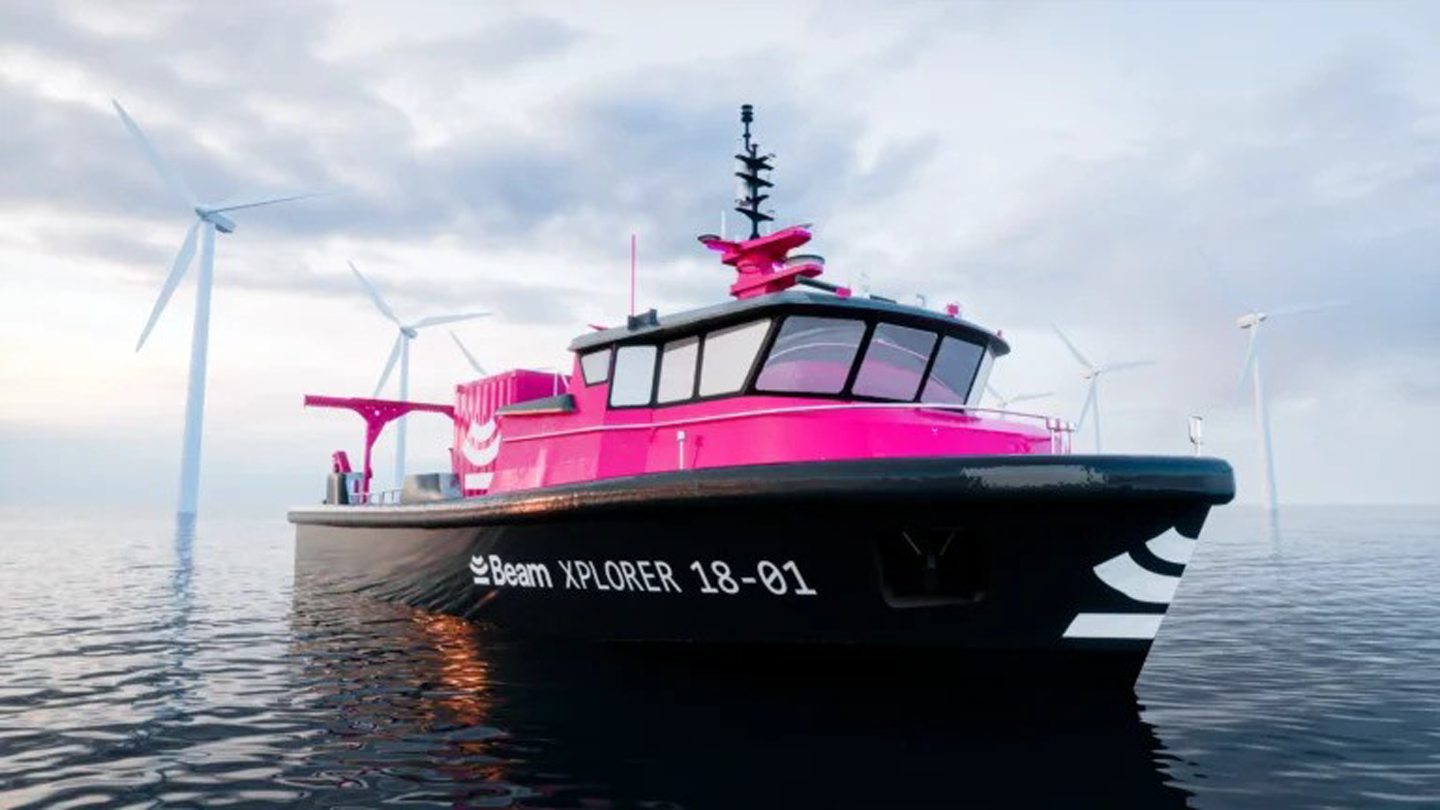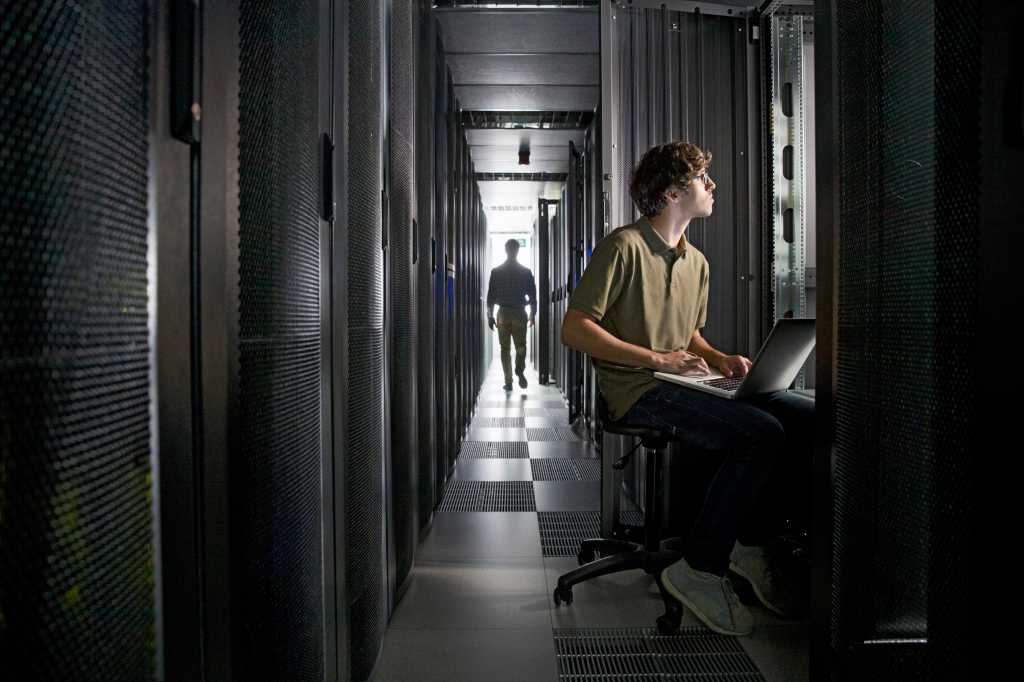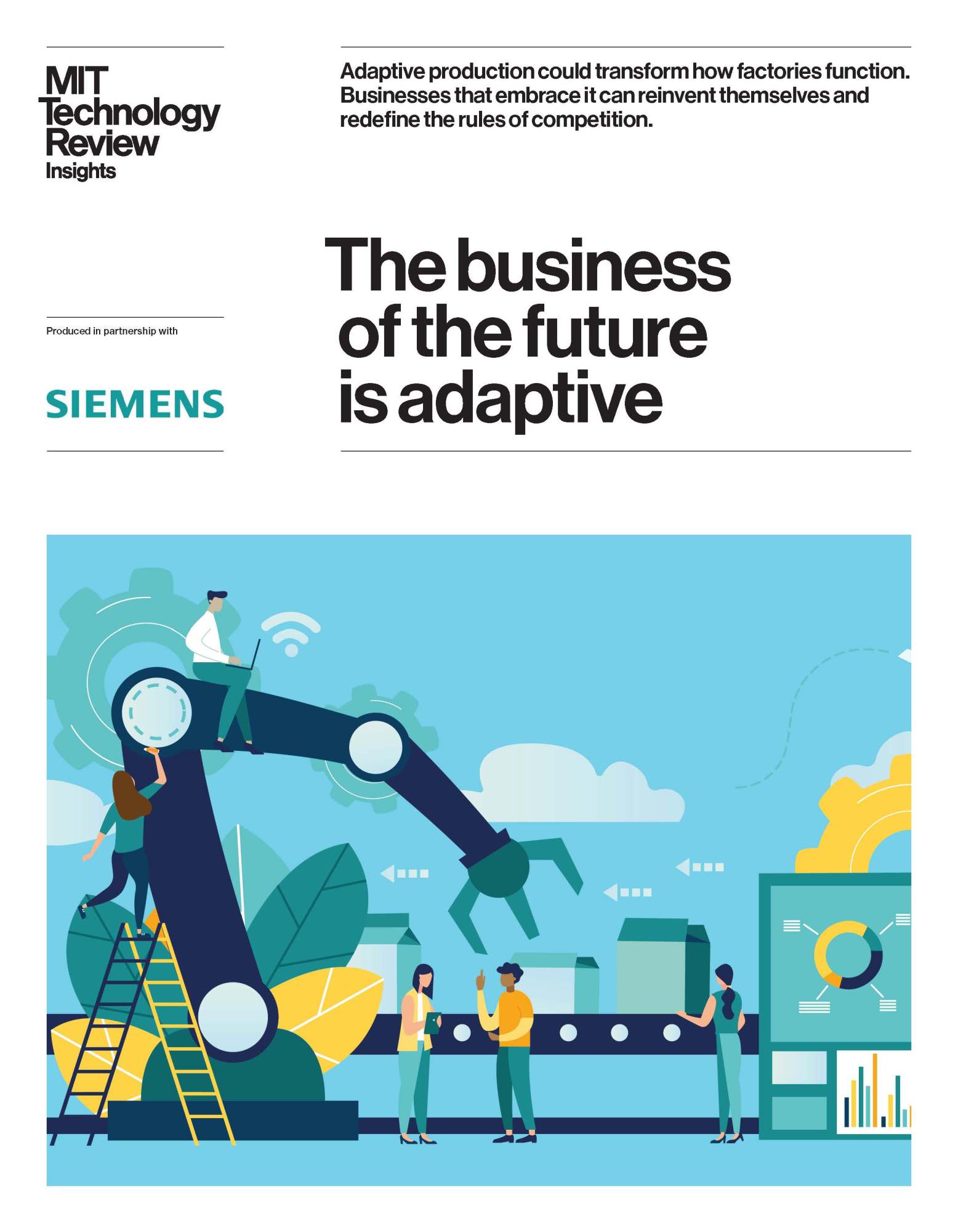I haven’t attended an All-Energy exhibition and conference since it moved to Glasgow from Aberdeen. That’s nothing to do with civic jealousy, but simply because it’s a pain in the neck getting there from here.
But I must question in the nicest possible way if the conference programme is appropriate for 2025.
For example: why do they insist on having politicians give opening speeches?
Surely they should be in the audience listening rather than giving speeches because their subject matter is inevitably limited by their politics.
Instead, you end up with a bucket of party political word soup trying to convince us that all will be well, Scotland and the UK will be huge beneficiaries from net zero, the transition really will be “just” and a collection of other well worn promises, all of which we know from bitter experience simply won’t happen.
Oh, and please let’s not have a session on Great British Energy, which has already proven to be the broken promise we all knew it would be in terms of jobs and supply chain benefits.
Even though it’s been reported that Ed Miliband will ban GB Energy from using Chinese solar panels suspected of having been made using slave labour on its first big project of fitting them on public buildings such as schools and hospitals, they’ll have to be sourced from somewhere.
So why doesn’t the conference have a session dedicated to what we need to do to manufacture solar panels here?
Do we need to completely overhaul the tax system to make projects like that happen?
What can we do to persuade the financial sector to invest?
We need to talk about that.
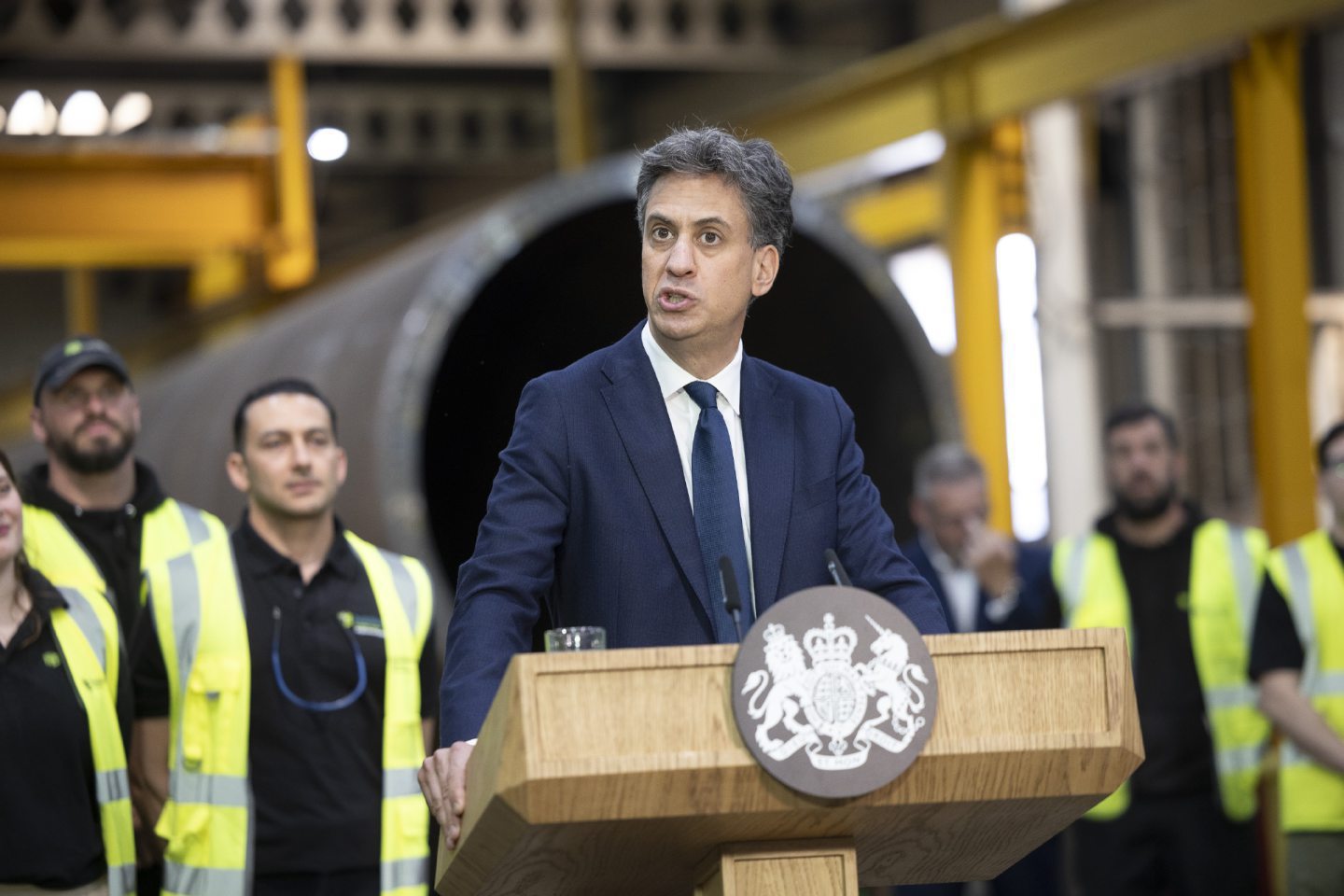 © Supplied by James Glossop/The Ti
© Supplied by James Glossop/The TiWhat about challenging the fact that we’ve allowed China to dominate the battery industry, or asking why on earth we’d even consider the idea of enabling a Chinese wind turbine manufacturer to establish a factory somewhere in the UK to the detriment of our European colleagues? These things are incredibly important.
We’ll never achieve a genuine “just” transition unless we’re prepared to invest in manufacturing. If we can do it for defence, why can’t we do it for energy technologies?
We need to talk about that.
Where’s the debate on energy costs?
Do we simply accept that UK domestic energy costs are the highest in Europe and that it’s costing us jobs – particularly in manufacturing – as well as impacting negatively on the UK’s cost of living because prices are set by the market?
Yes, we know that the problem is the wholesale price of gas as the most expensive component in the mix, and to deal with that we need a plan to stop using gas. So, where is it?
But in the meantime, the electricity supply companies are able to make huge profits out of the renewable energy they provide you with because the cost to them is a fraction of the cost of gas.
Even worse, according to a blog by the taxation expert Richard Murphy, city traders are making a killing out of buying electricity from France via the interconnector and selling it into the UK market at a huge profit and at the expense of the consumer again.
Why on earth the government allows this one can only surmise, but it certainly supports the case for nationalisation.
We need to talk about that.
There’s also a visible trend for domestic and business consumers going off grid. Look at what Panasonic are doing in South Wales with their microwave factory. Solar, hydrogen and fuel cells.
We need to talk about that.
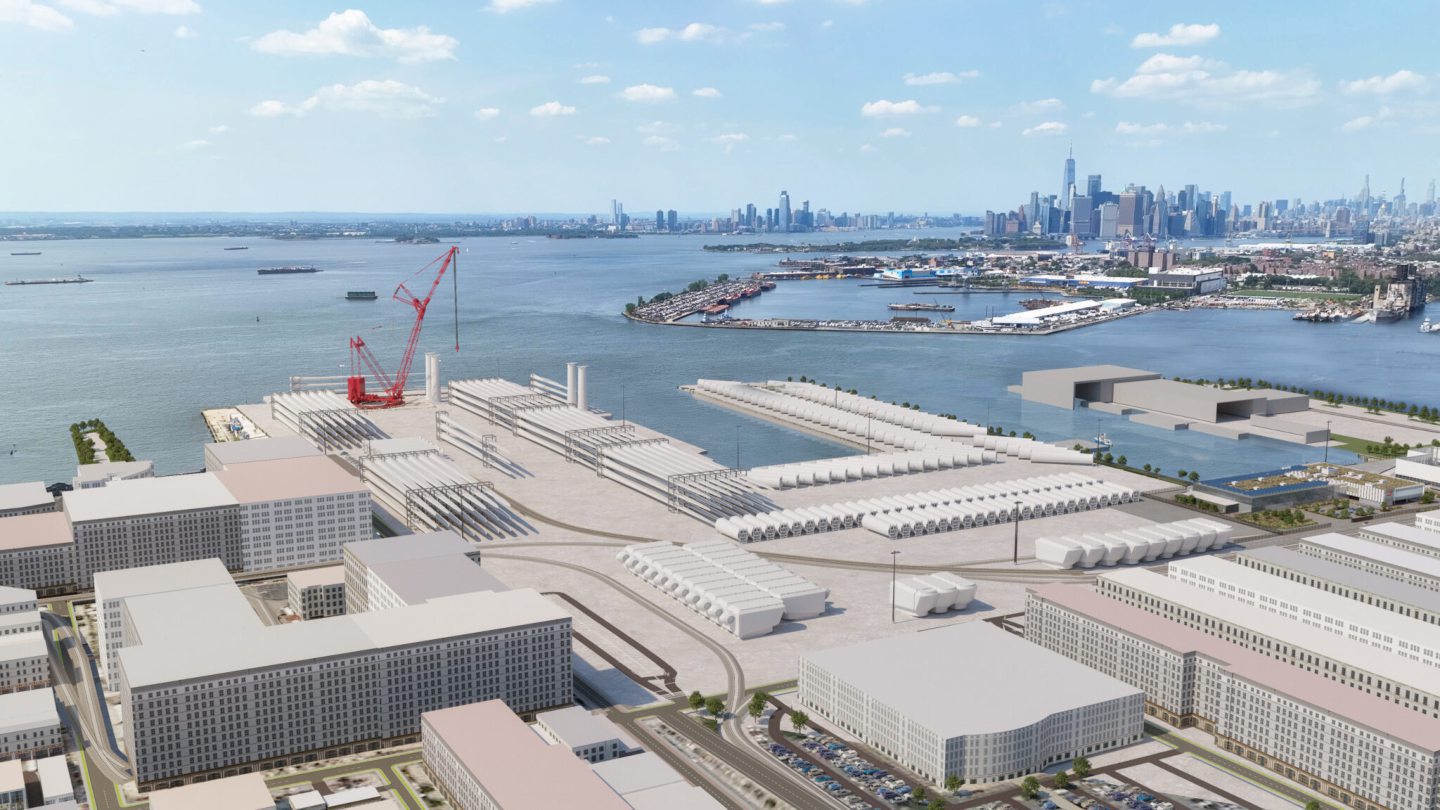 © Supplied by Empire Wind
© Supplied by Empire WindThen there’s the economy and its impact on energy demand and our ability to invest.
Due to President Trump’s new tariffs, the International Monetary Fund has said the UK is only expected to grow by 1.1% this year.
That’s a fall of 30% from their previous forecast of 1.6%.
In the USA and according to the E2 business group, the investment in clean energy projects has already been cut by around $8bn during the first quarter of 2025, and that’s resulted in the loss or cancellation of nearly 8,000 jobs.
The US government also ordered a halt to the construction works at the Equinor-led Empire Wind project, suggesting it may have been approved by the previous administration without an appropriate environmental assessment.
Trump is, of course, known to oppose offshore wind.
The impact of all this will ripple around the entire global industry. What might the impact be on the UK and major projects like ScotWind?
We need to talk about this as well.
Conferences need to be used for the exchange of ideas, policy debate, future gazing and raising those topics politicians seem scared to touch, not simply platforms for marketing and the regurgitation of existing solutions.
They should be lively, noisy, and aimed at leading to real change.
We desperately need to reimagine the future of this industry.
So much has changed in the world in just the last few months that we simply can’t ignore it.
We need to talk about it all, and All-Energy should be the opportunity to do that.
It’s what it was set up to do in the first place, and to dare!





